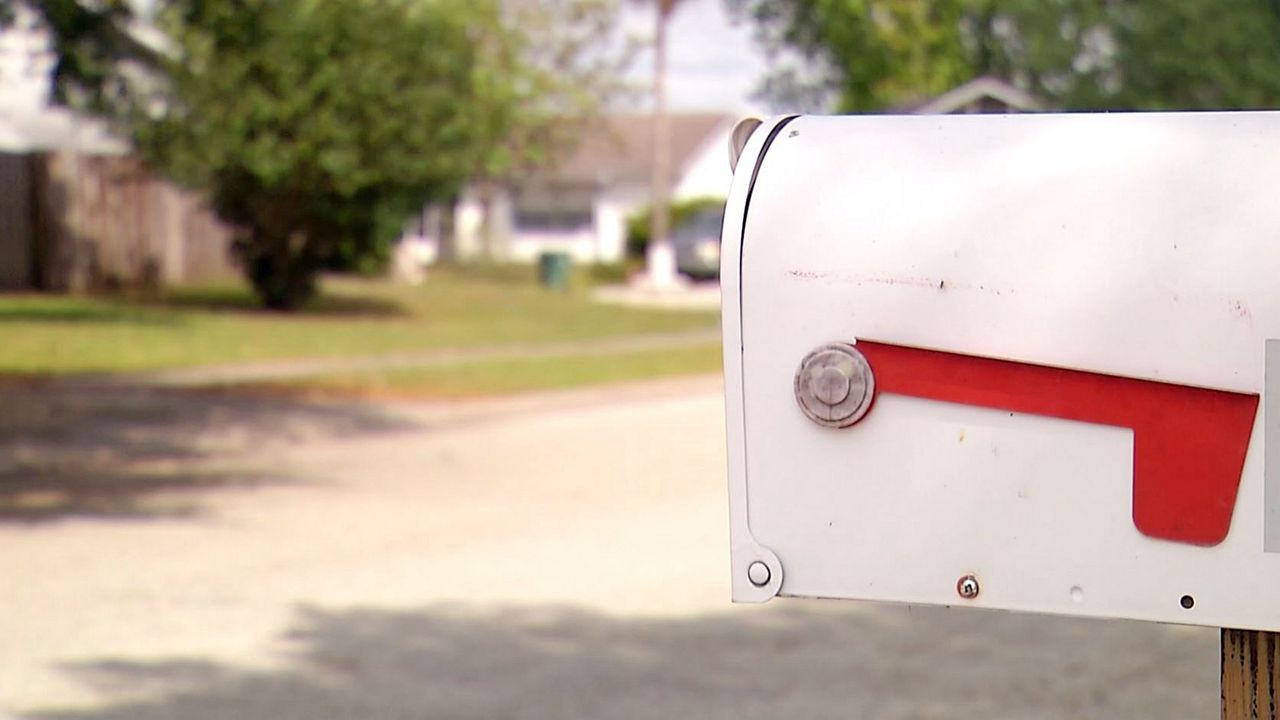MADISON, Wis. — Mail and check fraud is becoming a growing trend in the Madison area, according to Crime Stoppers.
It entails criminals stealing mail or intercepting checks from mailboxes, which gives them access to personal or financial information. In some cases, criminals may also alter the amounts or names on checks to steal funds, known as check washing.
“Mail and check fraud are serious crimes that can have a [devastating] impact on victims, both financially and emotionally,” said Madison Area Crime Stoppers spokesperson Tyler Grigg. “We want to remind residents to be vigilant and to report any suspicious activity to the police immediately. If you wish to remain anonymous, please contact Crime Stoppers to submit a tip.”
In light of this growing trend, Crime Stoppers offered several tips for residents.
Consider more security
Instead of throwing away bank statements and credit card offers that have personal and financial information on them, try shredding or destroying them.
Also, rather than mailing checks, deposit them at a bank or credit union. You could also consider using a locked mailbox or post office box to keep your mail more secure.
However, if you’re still using a regular mailbox, try to remove mail promptly after delivery if you have the means.
When you’re purchasing checks, you can also get them with security features that make them more resistant to check washing.
Monitor your accounts
If you’re using online or mobile banking, be sure to check your accounts balances and transaction history. One way to better monitor this is to sign up for account alerts, which will notify you of suspicious activity. Whenever you receive a credit report, it can be key to regularly check those for unauthorized activity as well.
If you find suspicious activity on your account, you should contact your bank or credit union immediately.
Exercise caution
If you receive unsolicited phone calls or emails asking for personal information, always act wary of them. You should also be cautious of unexpected checks or money orders.
More information on mail and check fraud can be found on the Federal Trade Commission or United States Postal Inspection Service websites.



